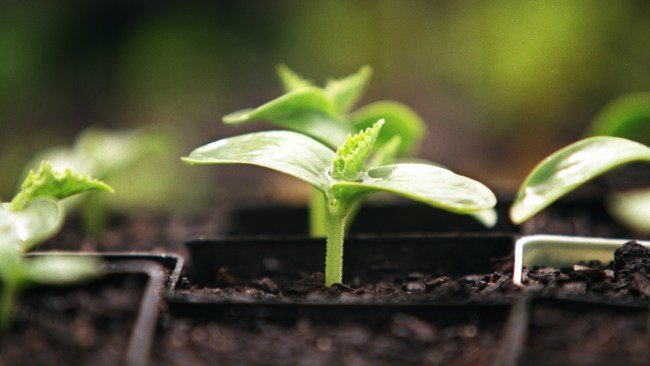
Det internationale forskningshold ledet af Research Associate Professor, Monica Gagliano fra UWA's center for udviklingbiologi, i samarbejde med forskere fra Universiteterne af Oxford og Zürich, satte sig for at vise at planter er i stand til associativ læring
Studiet offentliggjort i online journalen Scientific Reports,inspireret af Pavloss forsøg med hunde, som er et at de mest afslørende studier i adfærdsforskningens historie, som demonstrerede at adfærd kunne ændres gennem betingning.
Gennem en række adfærdseksperimenter, var holdet i stand til at skabe overbevisende evidens for, at planter var i stand til at lære en særlig forbindelse mellem én hændelses optræden og forventningen om en anden.
Kommentar: Delvist oversat af Sott.net fra Study finds plants are capable of associative learning, an ability thought exclusive to animals
Professor Gagliano experimented with pea seedlings, placing them in a Y-shaped maze to see how they responded after initially being exposed to light from a particular direction.
The results showed the seedlings were able to learn and choose the best growth direction for survival by correctly predicting the occurrence of light once it was removed.
Professor Gagliano said the ability of plants to employ a wide range of adaptations had made them a predominant form of life on Earth. Yet the possibility that plants were capable of forming associations between environmental cues to enhance their ability to 'forage' for light had never been explored.
"Because our findings are unexpected, we anticipate that this study will stir a lively and exciting debate on the origin and properties of memory, learning and ultimately intelligent behaviour in biological systems," Professor Gagliano said.
"By challenging the way we currently view the agency of plants and their behaviours, which have enabled them to flourish, the research opens up new and bigger ecological questions of how modifications to our environment will shape future plant communities.
"Beyond plants, these findings compel us to review our thinking about the essential mechanisms underlying information processing throughout living systems."
More information: Monica Gagliano et al. Learning by Association in Plants, Scientific Reports (2016). DOI: 10.1038/srep38427



Kommentar: See also: